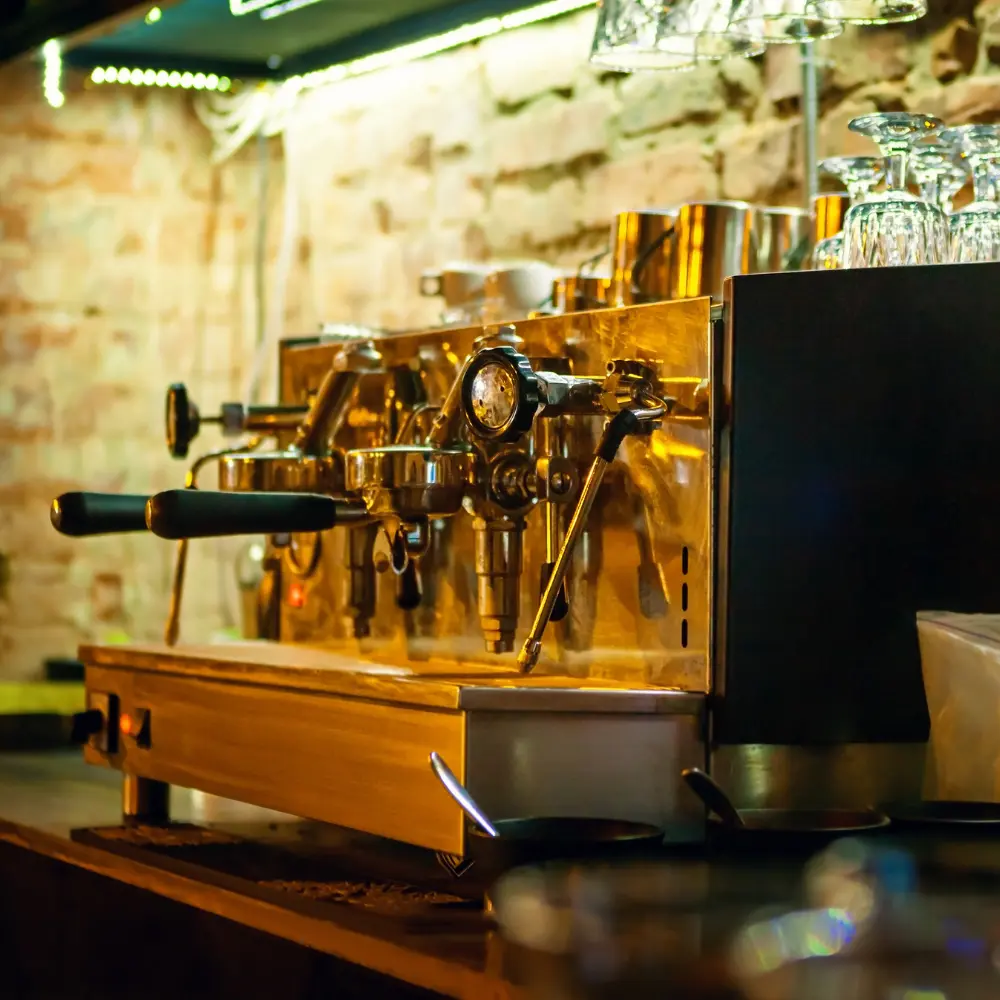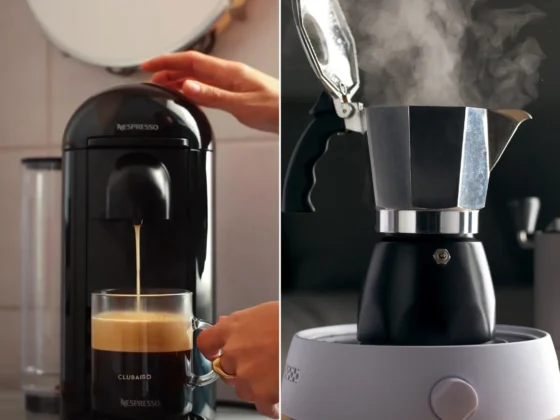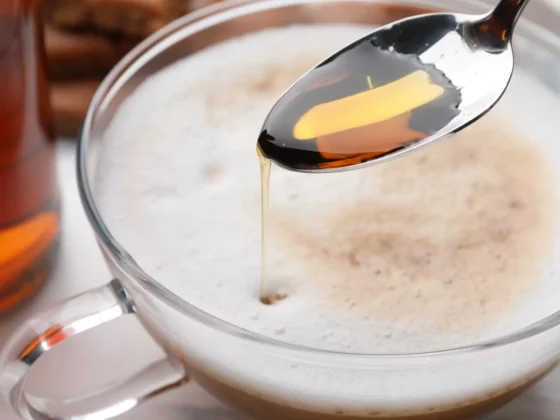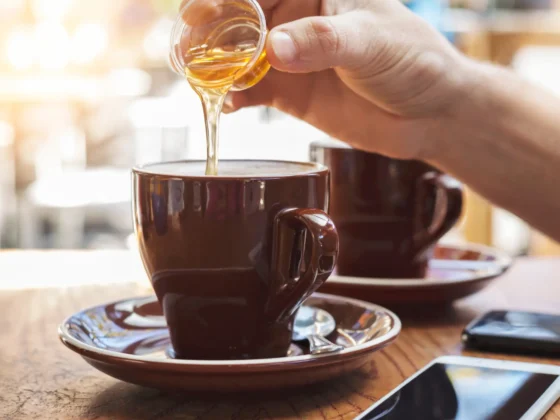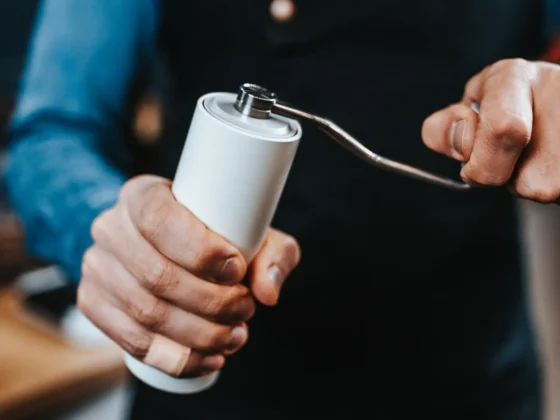When it comes to brewing the perfect cup of coffee, we often talk about the type of beans, the grind, and the brewing method. But there’s one often overlooked factor that can dramatically influence the taste of your brew: the water. Not just any water, but the tap water that flows freely from the faucets of New York City. Known for its superior quality and distinctive taste, NYC tap water has been a secret ingredient behind the city’s flavorful coffee culture.
In this article, we delve into the intricacies of NYC’s tap water and its unseen influence on your coffee brew. We’ll explore the journey of NYC water from the upstate reservoirs to your coffee cup, and the unique characteristics that make it the unsung hero of your morning ritual. We’ll also take a closer look at how water quality affects the coffee taste and why NYC water is often hailed as the gold standard for brewing.
So, whether you’re a coffee connoisseur striving to perfect your home brew, a curious NYC resident, or a water quality enthusiast, this deep dive into the impact of New York tap water on coffee taste is for you. Let’s dive in!
NYC Tap Water and Coffee: Key Takeaway
- Source and Taste Profile: The source of NYC’s drinking water, predominantly from reservoirs and controlled lakes in the Hudson Valley and the Catskill Mountains, contributes to the unique taste profile of the city’s tap water, which in turn influences the flavor of its coffee.
- Water Hardness: NYC’s tap water has a combination of hardness levels, depending on the source. The water originating from the Croton watershed is categorized as “moderately hard,” while the water from the Catskill/Delaware watershed is classified as “soft” or “slightly hard.” This variation in hardness can affect the extraction process during coffee brewing, influencing the taste of the final cup.
- Fluoride and Chlorine: The addition of fluoride and chlorine to NYC’s tap water for public health purposes does not adversely affect the taste of coffee. Chlorine, in particular, may help to maintain the freshness of the water used in brewing.
- Global Water Quality: Water quality plays a crucial role in the taste of coffee globally, not just in NYC. The quality and characteristics of tap water in different cities also contribute to the unique flavor profiles of their respective local brews.
- International Coffee Culture: The international coffee culture is influenced by water quality. Different countries have their unique ways of dealing with water quality, including filtration methods, water treatment practices, and even brewing techniques, which all contribute to the rich diversity of coffee flavors we enjoy worldwide.
Origins of NYC Tap Water
The journey of New York City’s tap water is an extraordinary one. Far from being a simple city utility, it’s a marvel of nature and engineering, with a story that starts miles away from the city’s bustling streets.
Source of NYC’s Drinking Water
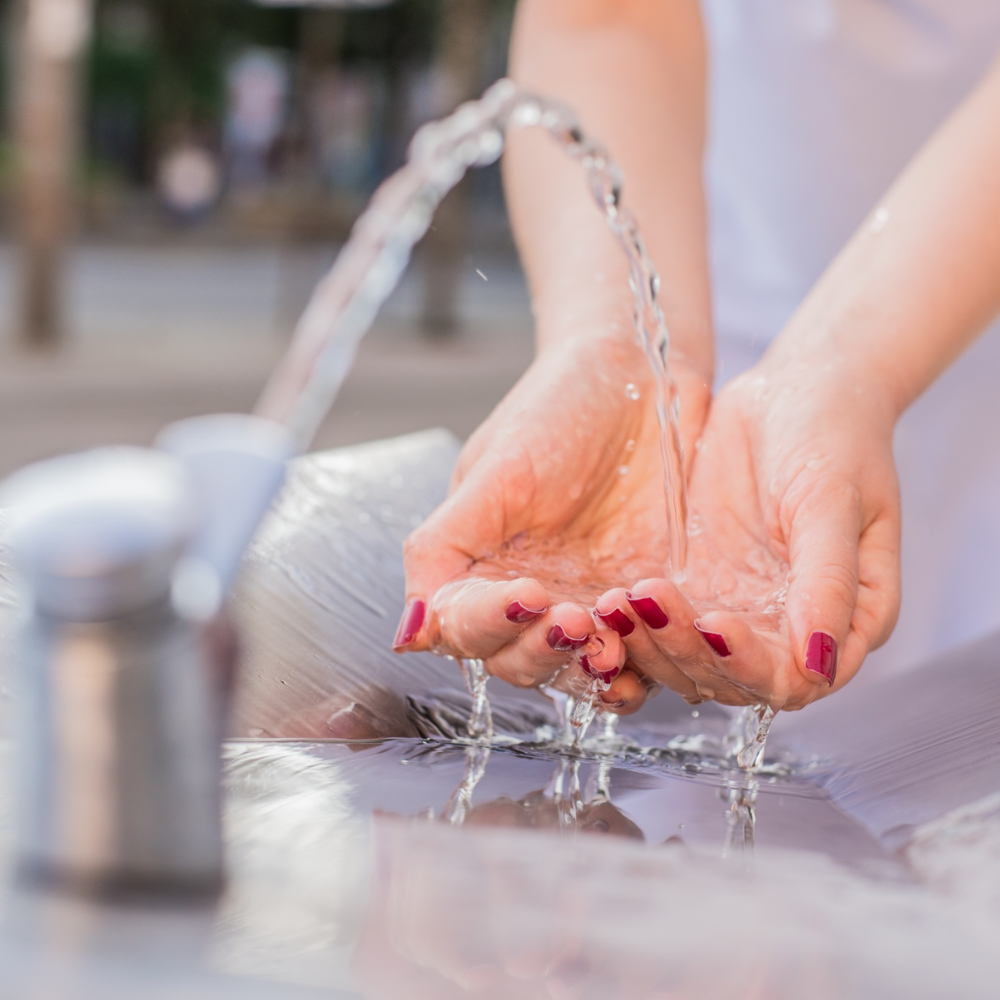
The drinking water in New York City is sourced from a vast watershed spanning nearly 2,000 square miles, consisting of 19 reservoirs and three controlled lakes. Extending up to 125 miles north of the city, the vast watershed covers the Hudson Valley and the Catskill Mountains in upstate New York. The water from these sources is transported to the city via a vast system of tunnels and aqueducts, a testament to the city’s remarkable engineering capabilities. (1)
NYC Tap Water: Composition and Characteristics
The quality and taste of tap water are largely determined by its composition and characteristics. New York City’s tap water has a unique blend of natural elements and added compounds that contribute to its taste and make it safe for consumption. Let’s explore these in detail.
Taste Profile of NYC Water
The taste of New York City’s tap water is as distinctive as the city itself. Many residents and visitors alike comment on its remarkably fresh and clean taste. This flavor profile can largely be attributed to the natural conditions in which the water sources are located. The flavor of the water is shaped by the geological makeup, soil characteristics, and the presence of natural minerals in the watersheds that encompass the reservoirs.

Moreover, the taste of water can vary slightly across different neighborhoods in New York City, as each receives water from specific reservoirs: Catskill System, Croton System, Delaware System, or a combination of all three. (2) While some might notice a hint of chlorine, especially during warmer months, this is due to the chlorine used to disinfect the water and prevent the growth of microorganisms. Despite the faint taste, the chlorine levels in the water are well within the safe limits set by federal and state standards.
Hardness of NYC’s Drinking Water
The hardness of water is determined by the amount of dissolved minerals it contains, particularly calcium, and magnesium, it contains. Hard water is high in these minerals, while soft water has lower levels. The hardness of the water can have an impact on everything from the lather produced by soap to the taste of your coffee.
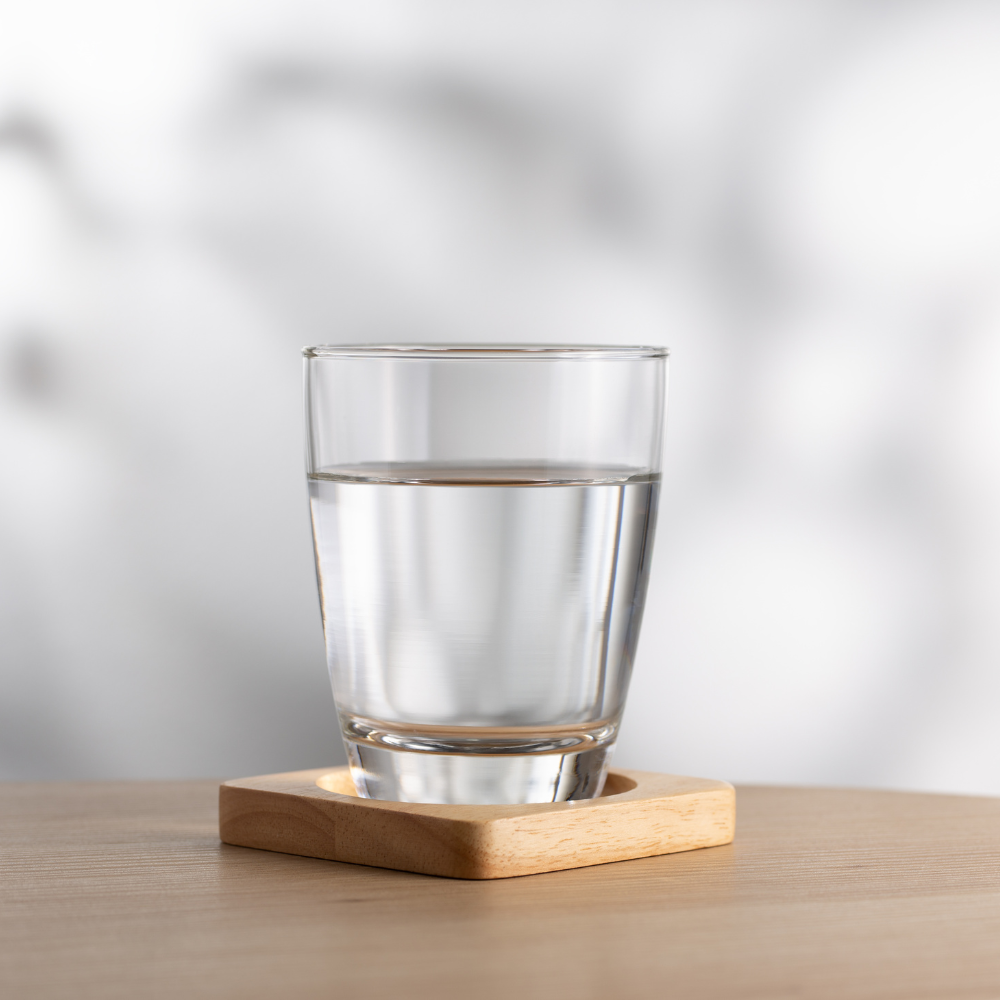
The water in New York City is typically classified as soft to moderately hard. Water sourced from the Croton watershed is known for its moderate hardness, while the Catskill/Delaware watershed typically provides water that is considered soft or slightly hard. The average water hardness across New York City is approximately 1.8 grains per gallon (CaCO₃). When the Croton and Catskill/Delaware water supplies are blended, the resulting water hardness can reach up to 7 grains per gallon (CaCO₃), falling under the classification of “moderately hard.” Despite the effects of hard water on certain equipment and surfaces, it is safe to drink and the minerals it contains are the same ones found in dietary supplements. (3)
Understanding the origins and characteristics of NYC’s tap water is the first step in appreciating its impact on the city’s coffee. In the following sections, we’ll delve deeper into the composition of NYC tap water and how it influences the taste and quality of your brew.
Fluoride Content in NYC’s Drinking Water

Fluoride is one of the compounds added to New York City’s drinking water. A naturally occurring mineral in the earth’s crust, fluoride is often added to public water supplies to help prevent tooth decay. In accordance with the regulations outlined in Article 141.05 of the New York City Health Code, the water supply undergoes fluoridation by introducing a fluoride compound. This process achieves a fluoride ion concentration of approximately 0.8 mg/L. Fluoridation of the city’s water supply started in 1966 and persists as a preventive public health initiative.
Chlorine and NYC Tap Water
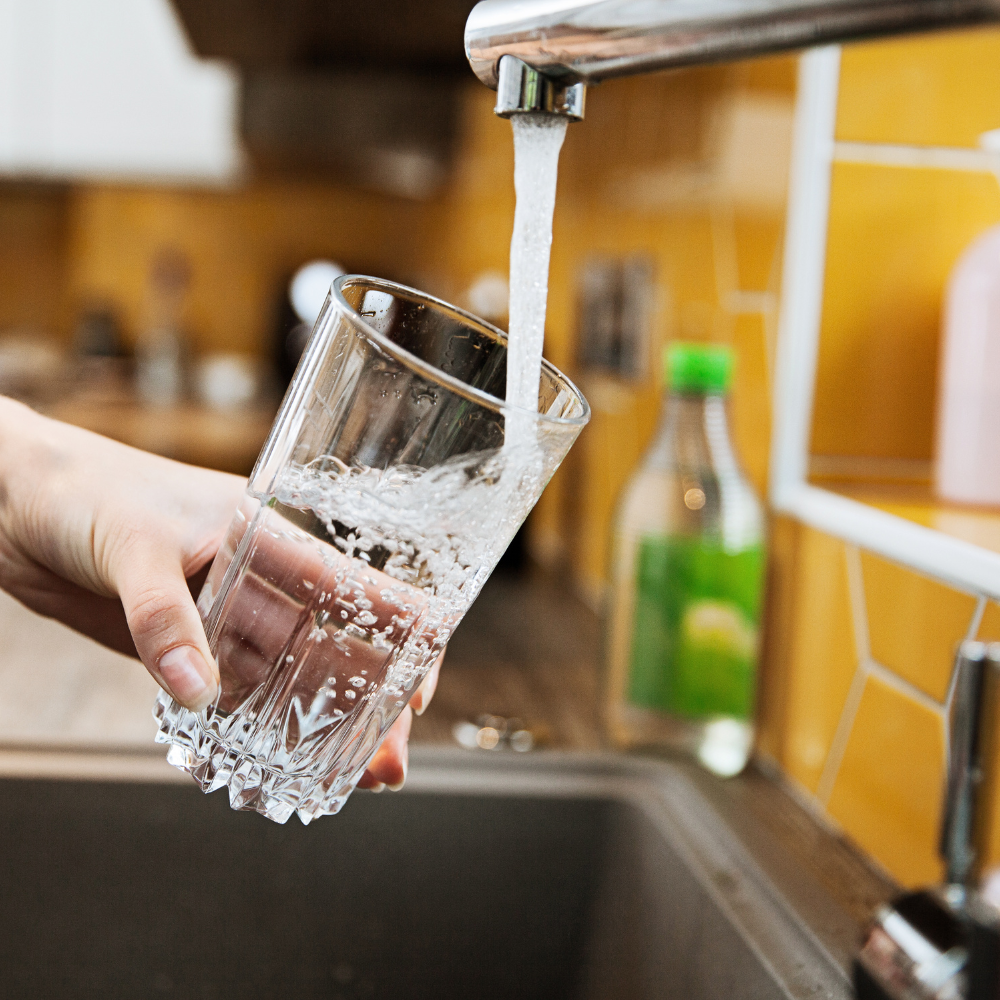
Chlorine is another compound found in NYC’s tap water. As a highly effective disinfectant, chlorine is added to the water to prevent the growth of microorganisms, ensuring that the water that reaches your faucet is safe to drink. (4) While you may, at times, detect a faint taste or smell of chlorine in your tap water, particularly during warmer weather, the amount used is not considered hazardous or harmful. It is well within the limits established by federal and state water safety standards. If you find the chlorine taste noticeable, it can be reduced by leaving a pitcher of tap water in the refrigerator overnight or by pouring water from one container to another several times.
These characteristics make NYC’s tap water unique and play a crucial role in how it interacts with coffee during the brewing process, as we will discuss in the following sections.
Impact of Water Quality on Coffee Taste
While coffee beans and brewing methods often take the spotlight, the quality of water used in the brewing process plays a crucial role in the resulting taste of the coffee. After all, a cup of coffee is primarily water. Let’s explore the impact of water quality on coffee taste and why NYC water and coffee might be a perfect match.
Role of Water in Coffee Brewing
Water is more than just a medium in which coffee grounds are steeped. It is a solvent that extracts flavors from the coffee beans during the brewing process. As hot water seeps through the coffee grounds, it dissolves and carries with it the flavors and aromas locked inside the beans. The quality, temperature, and mineral content of the water can significantly affect how effectively these flavors are extracted and, consequently, the taste of your coffee.
How Water Hardness Affects Coffee Flavor
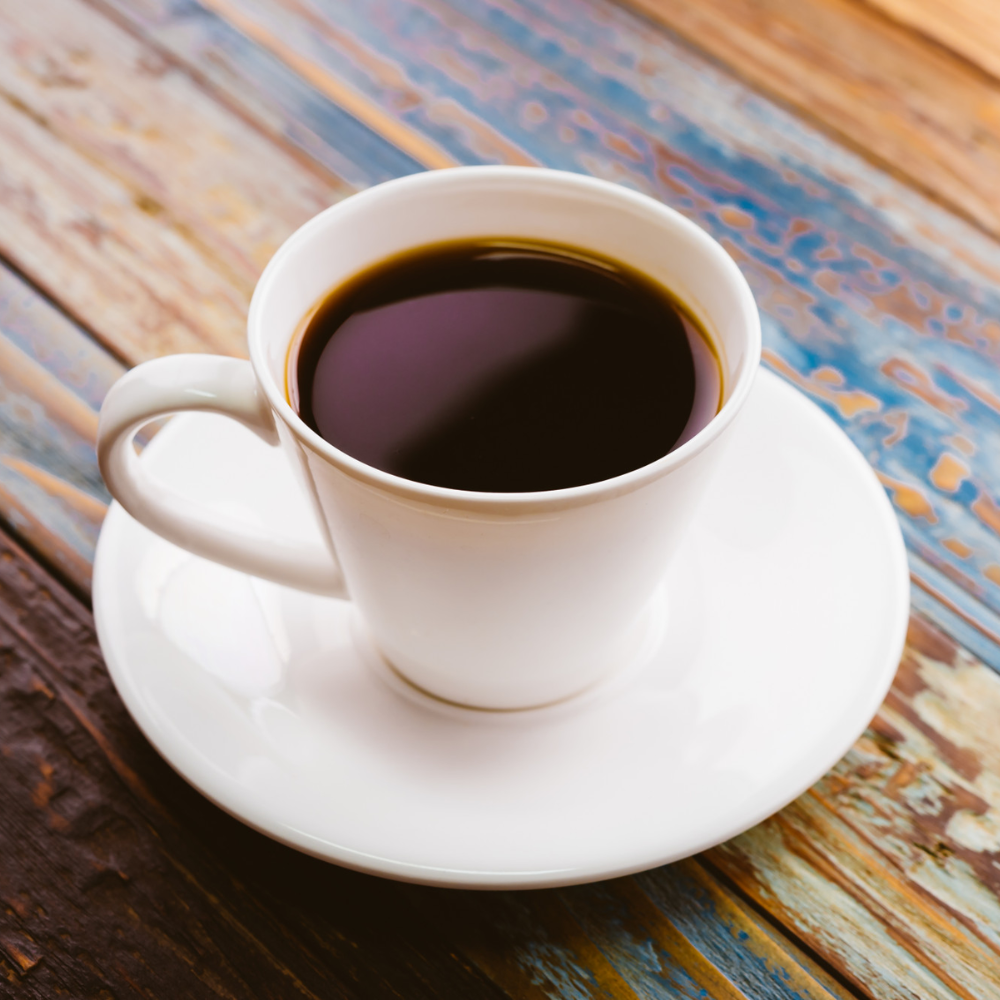
The hardness or softness of water used in brewing coffee can have a notable effect on the taste of the coffee. Hard water, high in mineral content, particularly calcium, and magnesium, can enhance the strength and complexity of coffee’s flavor because these minerals interact with the flavor compounds in the coffee. However, if the water is too hard, it can lead to over-extraction, making the coffee taste bitter.
On the other hand, soft water, with its lower mineral content, can lead to under-extraction, resulting in a flat or weak coffee flavor. That’s why water with a balanced mineral content, like New York City’s tap water, can contribute to a more balanced and flavorful cup of coffee.
NYC Tap Water and Coffee: A Perfect Match?
As we’ve seen, NYC’s tap water, with its unique source, taste profile, and composition, has the potential to positively influence the taste of coffee. It’s no surprise that renowned filmmaker David Lynch once remarked, “New York has great water for coffee.” The moderate hardness, balanced mineral content, and clean taste of New York tap water can help extract coffee flavors effectively, resulting in a rich, well-rounded brew.
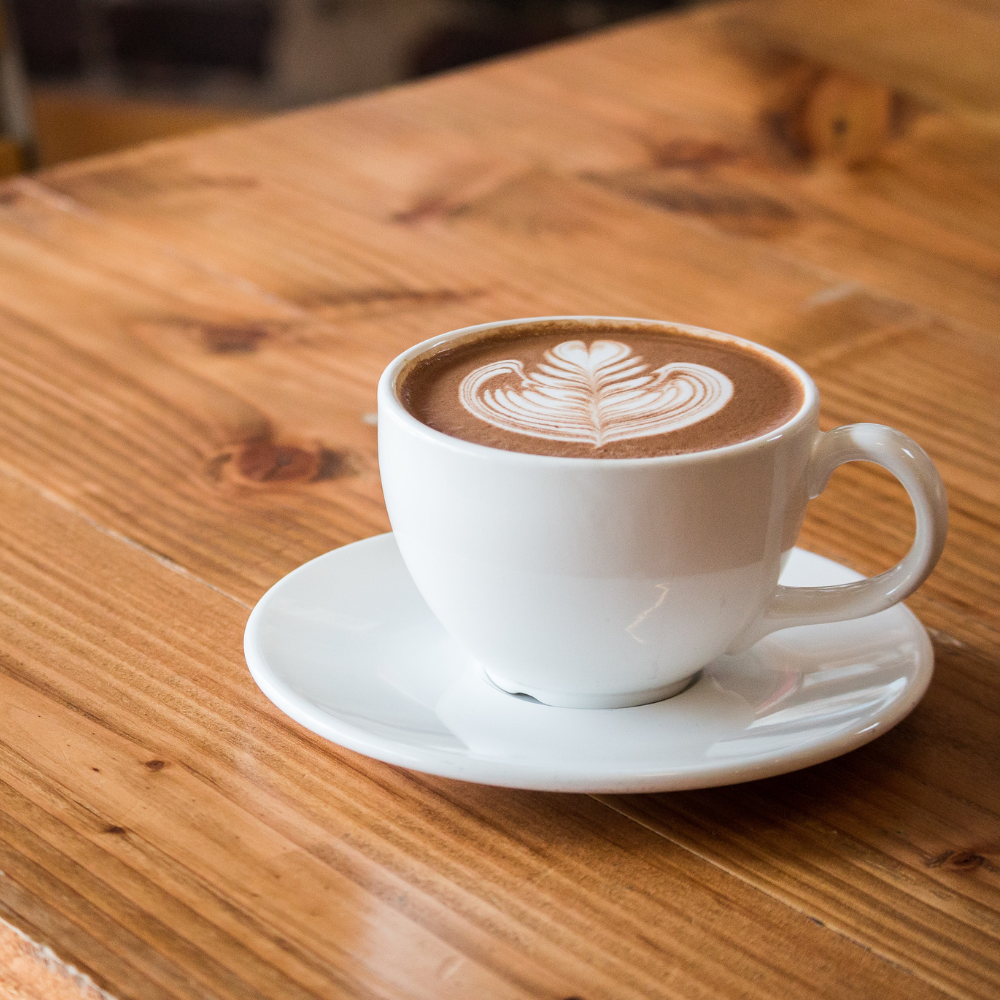
However, individual tastes may vary, and the perfect brew is often a matter of personal preference. Experimenting with different types of water, including bottled water with varying mineral content, can also be an interesting exercise for coffee enthusiasts.
To sum up, understanding the significant role of water in coffee brewing, particularly the influence of NYC water, can enrich your coffee-drinking experience and appreciation for this everyday ritual. Now, the next time you sip your coffee, you might just find yourself contemplating the unseen journey of the water that helped create your perfect brew.
Beyond NYC: Tap Water and Coffee Around the World
Let’s embark on a global expedition, exploring the influence of tap water quality on coffee brewing and tasting in various major cities across the globe. In this international journey, we’ll delve into the unique attributes of different cities’ tap waters and how they shape not only the coffee experience but also the coffee culture in these regions.
Comparing Tap Water Quality Across Major Cities
As we journey through the world of coffee, understanding the nuances of tap water quality across different cities becomes pivotal. This section aims to draw a comparative analysis of tap water qualities in major cities around the globe, revealing the unseen influence of water on the coffee we love and enjoy.
United States: Hawaii, South Dakota, and Kentucky
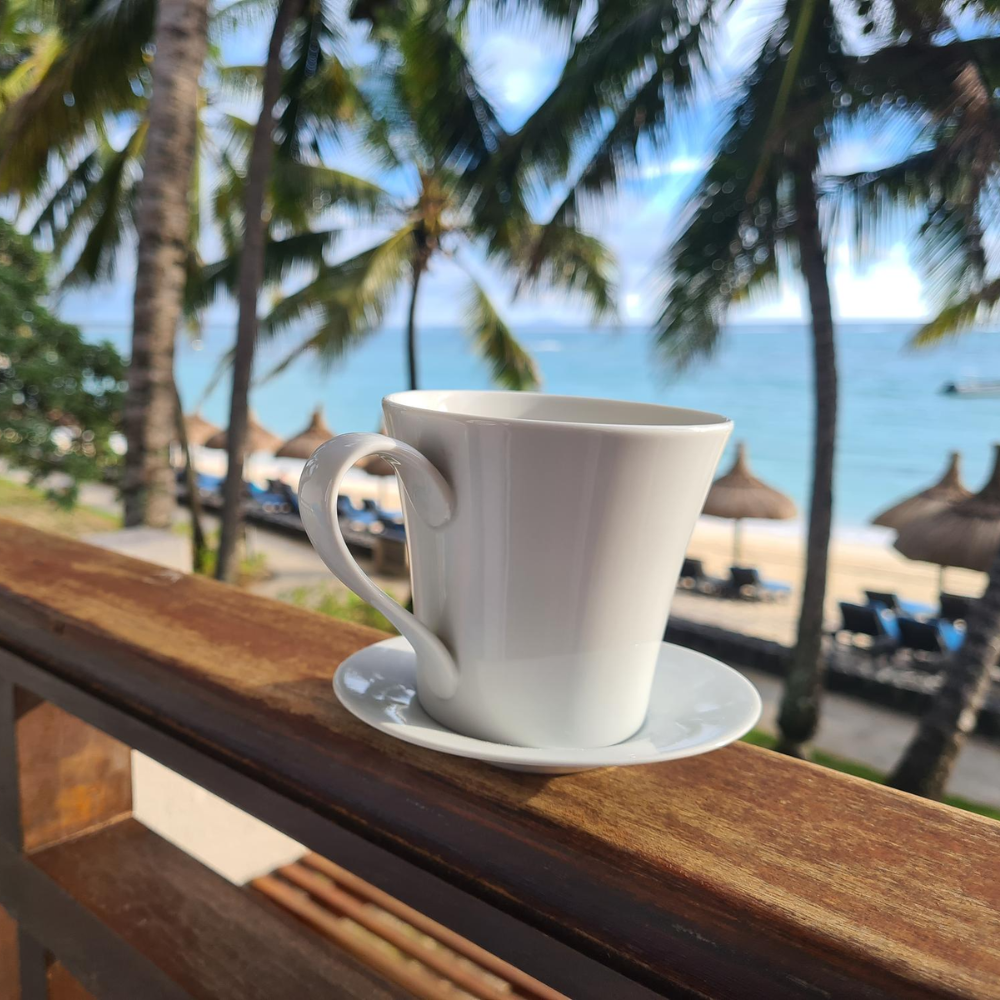
Each of these cities boasts commendable tap water quality. They often score high in tests for contaminant levels and overall cleanliness, underlining the premium conditions for coffee brewing.
Europe: Iceland, Finland, and Slovenia

In Europe, cities like Iceland, Finland, and Slovenia are reputed for excellent tap water quality, often sourced from natural springs and processed with advanced treatment methods. This clean and pure water forms the ideal canvas for painting the rich, complex flavors of coffee.
Asia: Tokyo

In Asia, Tokyo stands out with a meticulous water treatment system that ensures outstanding tap water quality. The city’s dedication to maintaining high-quality water mirrors its commitment to excellence in its coffee culture.
Australia: Melbourne and Sydney

Cities in Australia, such as Melbourne and Sydney, are renowned for their high-quality tap water, sourced from protected catchments and carefully treated to maintain its purity. This quality water, combined with a vibrant coffee culture, places these cities at the forefront of the global coffee scene.
How Different Tap Waters Impact Coffee Taste
The differences in tap water quality across these cities directly impact the taste of the coffee brewed within their boundaries. High-quality tap water, like that of NYC or Melbourne, provides a clean and neutral base, allowing the authentic flavors of the coffee beans to fully express themselves. On the other hand, harder water can result in a bolder, stronger brew, while soft water may accentuate the acidity and subtle flavors in coffee.
International Coffee Culture and Water Quality
The quality of tap water undeniably shapes international coffee cultures. For instance, in Vienna, high-quality tap water bolsters their renowned coffee traditions. In Tokyo, the soft tap water lets coffee enthusiasts explore the subtleties of different coffee varietals. And in Melbourne, excellent tap water quality is a key player in the city’s vibrant coffee scene.
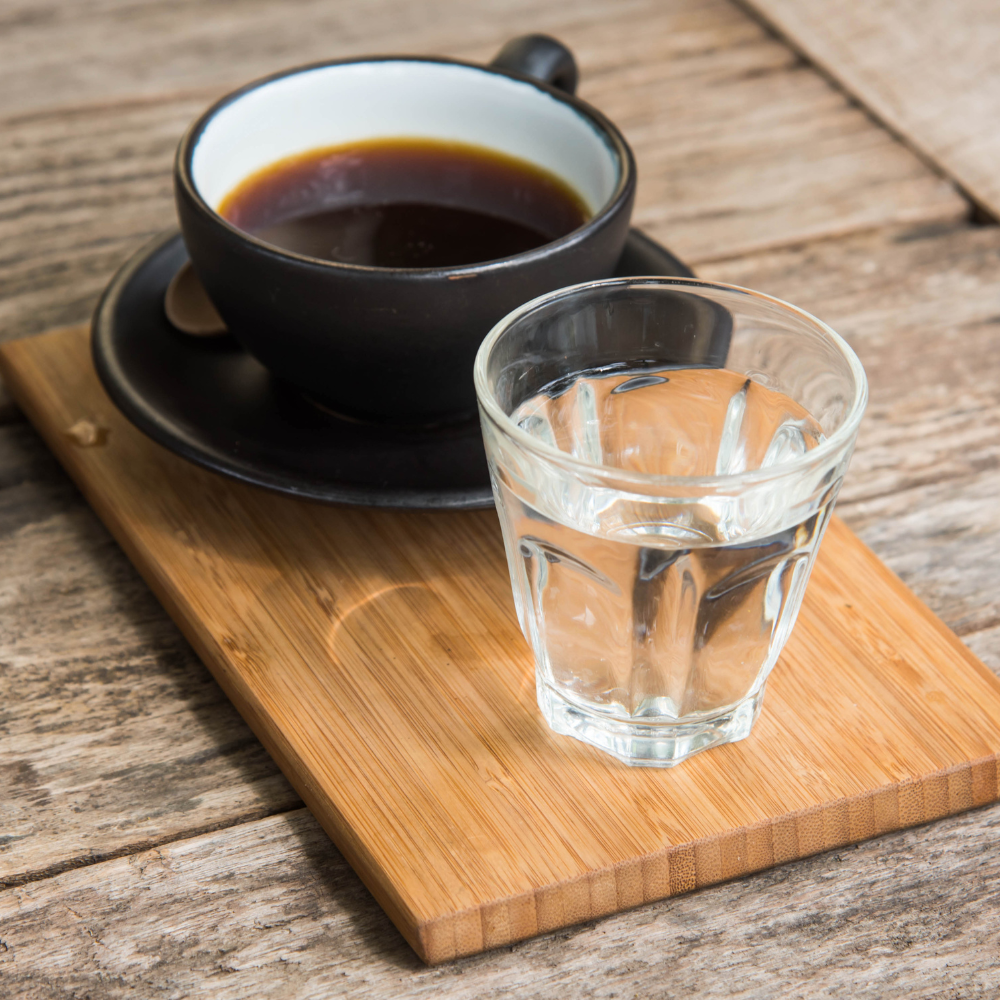
In other parts of the world where high-quality tap water may not be as readily available due to environmental, infrastructural, or economic challenges, coffee enthusiasts might need to resort to bottled or filtered water to achieve the best-tasting coffee. Regardless of these differences, the unique interaction between water quality and coffee culture continues to influence and shape the way we enjoy this beloved beverage worldwide.
Conclusion
In conclusion, the quality of New York City’s tap water plays a significant, though often overlooked, role in the taste and quality of the coffee brewed within its boroughs. From the unique characteristics of its source reservoirs to its hardness, fluoride, and chlorine content, every aspect of NYC’s water contributes to creating a unique brew that is appreciated by both residents and visitors.
As we’ve discovered, water quality and its impact on coffee is not just a New York story; it’s a global one. The taste and quality of tap water around the world can greatly influence the taste of coffee. As we explore the world of coffee, let’s remember to appreciate the unseen element in every cup – the water. After all, a cup of coffee is 98% water, and understanding its influence allows us to truly appreciate the art and science that goes into brewing the perfect cup.
So, the next time you enjoy a cup of coffee, whether in New York or elsewhere, take a moment to appreciate the role that the local tap water plays in your brew. You might find that it adds a new layer of appreciation for your daily cup of joe.
FAQ
How does the hardness of NYC tap water affect coffee taste?
The hardness of NYC water, which varies from soft to moderately hard, affects the extraction process in coffee brewing and can influence the taste of the coffee.
What is the mineral content of NYC tap water, and how does it influence coffee flavor?
New York tap water contains minerals like magnesium and calcium, which contribute to its hardness; this mineral content influences the extraction of flavors from coffee beans, affecting the coffee's taste.
Is NYC tap water better for brewing coffee than bottled water?
NYC tap water is generally preferred for brewing coffee over bottled water due to its unique taste profile and suitable hardness levels, which can enhance the extraction and flavor of the coffee.
How does tap water quality impact coffee taste globally?
Globally, the quality and characteristics of tap water, such as its mineral content and hardness, can greatly affect the extraction process during coffee brewing, thereby influencing the taste of coffee.



